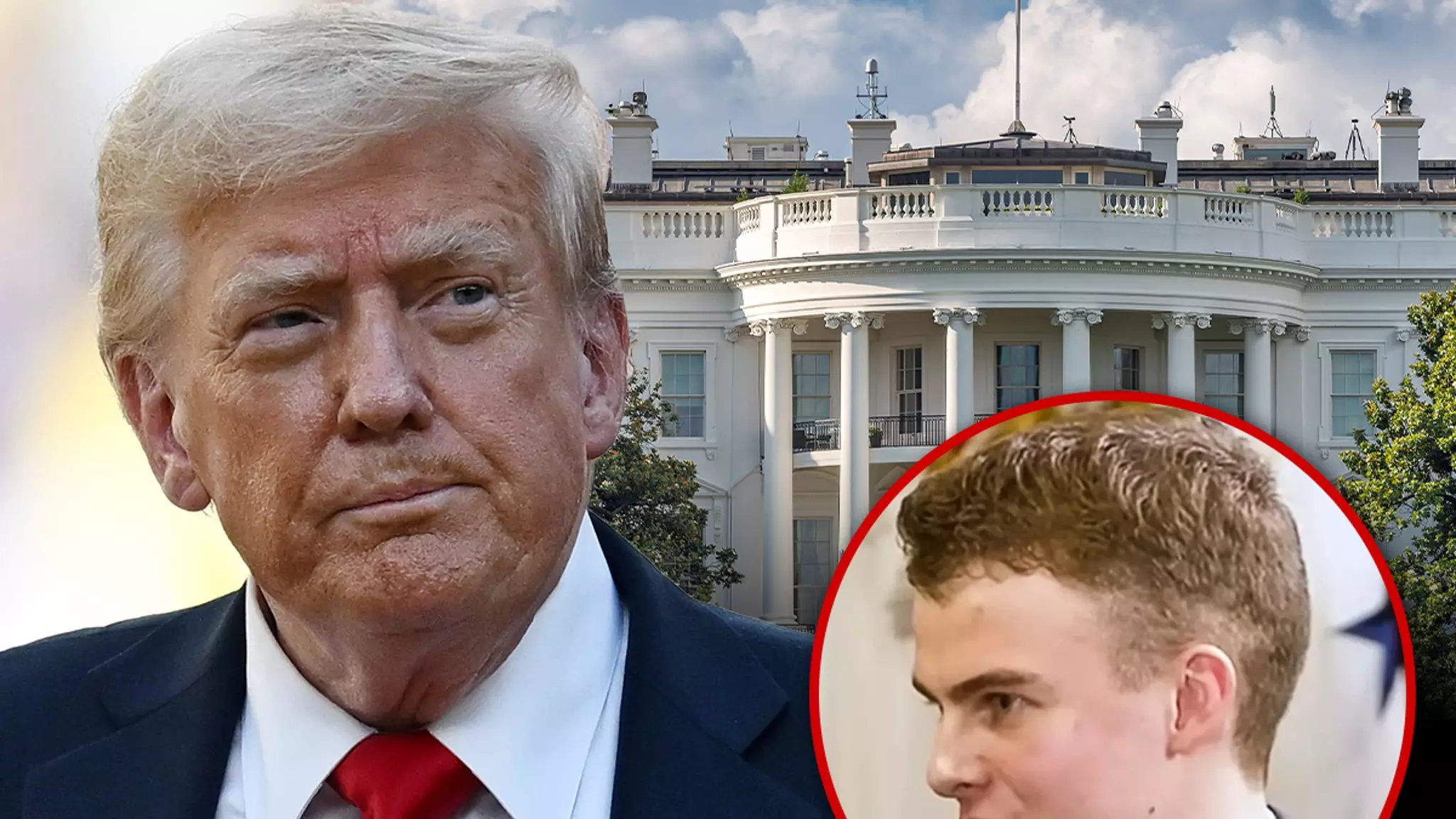In recent years, the United States has faced mounting criticism for its leniency towards juvenile offenders, a trend that many argue undermines the very fabric of public safety. The violent assault on Edward “Big Balls” Coristine by a group of unruly teenagers exemplifies a disturbing shift in societal norms—where juvenile perpetrators often escape substantial consequences. This incident starkly highlights a fundamental failure: our justice system’s inability or unwillingness to treat certain crimes committed by minors with the seriousness they warrant. The message, whether intended or not, seems to lean towards coddling offenders at the expense of innocent victims. This approach fosters a sense of impunity among young criminals and leaves victims to grapple with trauma and loss, awaiting justice that appears increasingly out of reach.
The Impact of Soft Policies on Crime Surge
The reported attack not only reveals individual brutality but also symbolizes a broader societal problem—the loosening of punitive measures that once served as deterrents. When teenagers are able to attack with little fear of accountability, it emboldens others. The shift to treat certain juvenile crimes as minor misdemeanors or dismiss them altogether has contributed to a dangerous environment where justice is seen as optional. Lawmakers and community leaders must reconsider whether current policies effectively protect citizens or merely perpetuate a cycle of violence. Neglecting to hold young offenders accountable raises questions about societal priorities: Are we valuing rehabilitation over safety, and at what cost?
The Role of Federal Authority in Restoring Justice
Adding a layer of complexity, prominent figures like Donald Trump have voiced concerns about the local governance of Washington, D.C., potentially stepping in with federal authority if the city fails to implement stricter measures. The call to change laws to prosecute juveniles as adults starting at age 14 is not merely reactionary rhetoric but a reflection of frustration over perceived leniency. Federal intervention, while controversial, underscores a belief that local jurisdictions may lack the resolve or capacity to address violent crime effectively. Critics argue that relying on federalization could undermine local democratic processes, but supporters claim it’s a necessary step to restore order and uphold justice. This debate underscores the tension between community autonomy and the need for decisive action to safeguard citizens.
The Broader Cultural and Political Implications
This incident and the ensuing political reactions stir a broader debate about societal values—how we view crime, punishment, and redemption. The fact that a young man with ties to federal agencies was involved adds layers of complexity, hinting at possible issues within the social, economic, and political fabric. Should society accept a narrative where young offenders continue to assault without consequences? Or is it time to reevaluate our approach, striking a balance between rehabilitation and accountability? Trump’s aggressive stance reflects a deeper frustration with a system perceived as weak, and his call for federal intervention signals a turning point where public safety might override traditional local distinctions. It is a reminder that, ultimately, the failure to adapt and enforce justice has consequences that extend beyond individual cases, impacting societal stability and trust in governing institutions.

